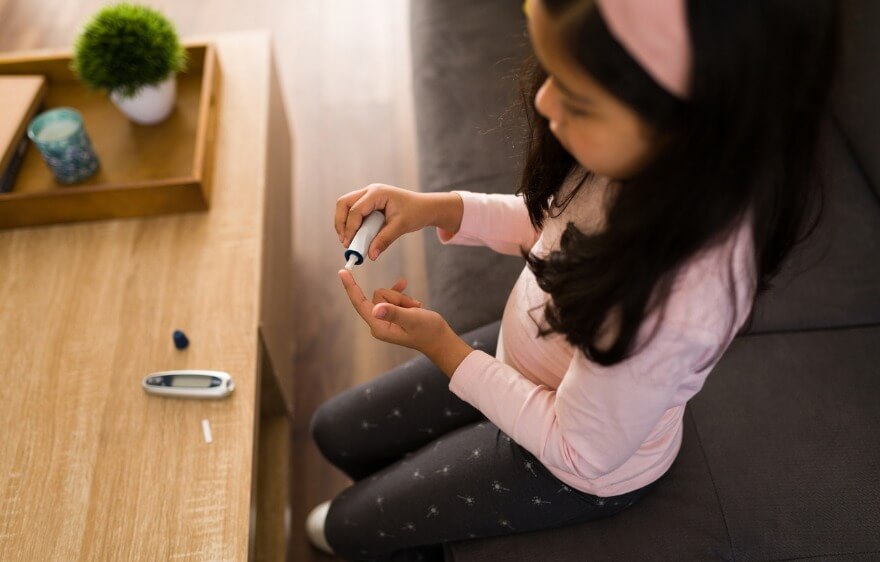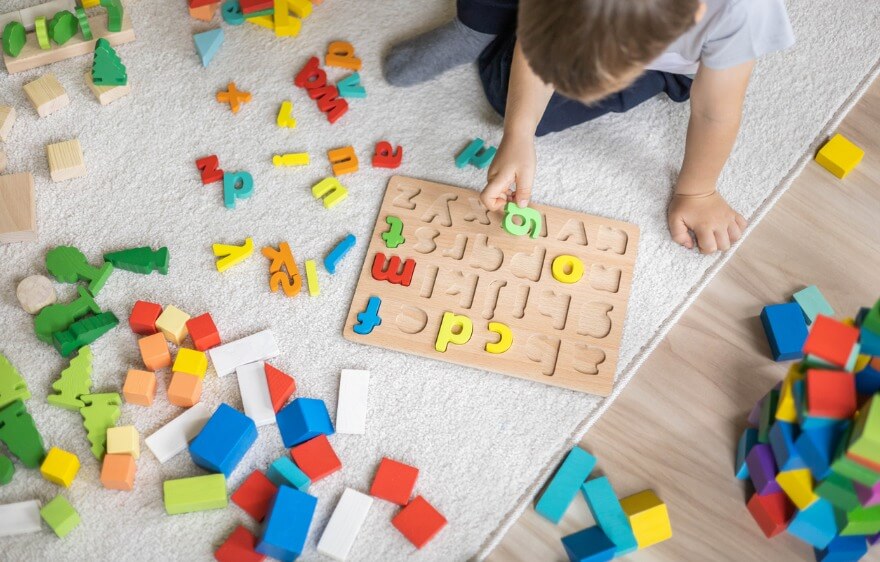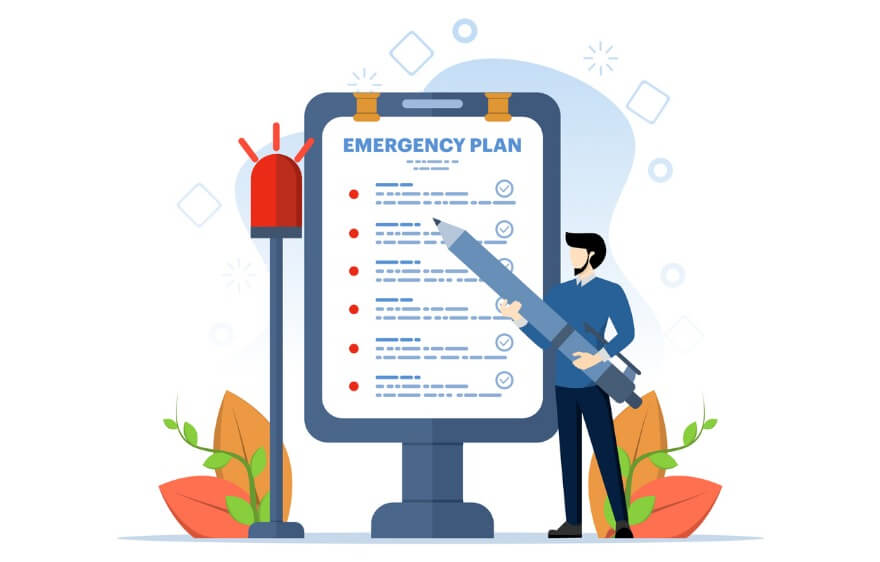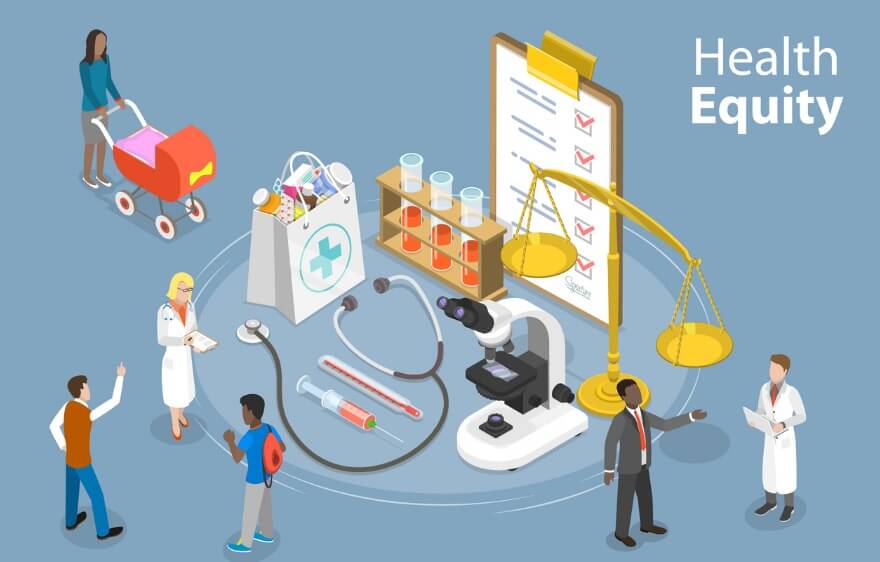Navigating Care
A blog to guide families, nurses, and therapists in their care journeys.

Type 1 Diabetes Mellitus
July 11, 2025
Caring for a child with a chronic illness can be overwhelming, emotional, and at times isolating. If your child has been diagnosed with type 1 diabetes mellitus, know that you’re not alone. Many parents and caregivers face the same worries,...
Recent Blogs


July 9, 2025
Weathering the Storm: Emergency Preparedness for Families With Complex Care Needs
Tips & Advice



